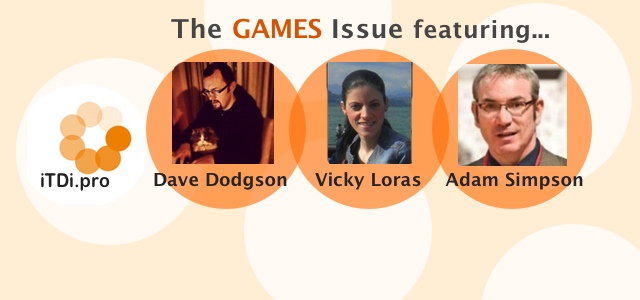Let’s Play! – Vicky Loras

There has been a lot of research into the positive effects of play on learning and children’s lives in general. We can also see it for ourselves! Some adults also enjoy some types of games – with adults we need to have their consent as we do not want to have them feel uncomfortable in any way. The games I will suggest can be adapted and suited both to young children and adults as well.
One of our favourites is You are the Teacher. It can be played in many ways. It can be anything that kids can handle and they need to step into the teachers’ shoes for this one. For instance, I take flashcards and give them to a child, and then to another, then another in turn, until everyone has been the teacher. You can either spread them on the floor and the child points to one, and the other kids answer what is depicted on the flashcard. What can be seen is that the child-teacher loves the responsibility and they also expand, not only yes/no answers, but they love to explain as well (Yes, that is the right one, because a tall bird is called an ostrich / No, that is not a blue egg, it is a brown one but that is okay, you can try again). What I have also seen is how much kids encourage one another – there may be the occasional giggle or so, but most of the times they take it very seriously and do a great job.
What can also be fun in You are the Teacher is that sometimes kids want the actual teacher to take part in the game (as with other games as well). In this case, most of the times I make sure I “make” a mistake. The kids have tons of fun “correcting” me and explaining to me, and sometimes even making recommendations that I study more at home!
Another one we like is The Long Word: this game was one of my favourites when I was little. I was taught this game by my cousin’s wife, who worked for the Board of Education in Canada.
The idea behind the game is this: you choose a big word and the students create new words using the letters from that specific one. Some words that can be used are encyclopedia, establishment, metamorphosis … anything with a lot of letters in it!
The best moment is when the students are the ones choosing the words. They come up with the greatest ideas! The teacher then gives them three minutes to find as many words as possible – the winner is the person with the most words – however, there is a necessary pre-requisite: they have to be words that really exist! Of course, it is up to the teacher to make it harder: for instance no names, no plurals, only verbs in infinitive form so it can turn a bit into a grammar mini-lesson as well.
The winner then reads the words s/he has found and everyone looks at their own, crossing out the ones they have too. If they have different ones that have not been mentioned, they read them out too.
This activity helps them to:
- Learn new items of vocabulary, as the initial long word may very often be a word they have never encountered before.
- Practise their spelling, as the new words they create need to be correct in their spelling – so even if they make mistakes, they remember them for another time.
- Teach each other vocabulary, as they read out their own words.
- Use some of the new words to write a story.
Younger and older students love this activity and they can learn a great deal from it! I hope your students enjoy it as well.
A third idea is Match the picture with the word, and it is a pretty easy game to prepare as well. The teacher chooses a topic they would like students to focus on, for instance, summer holidays. Then the teacher can find photos of their own or on the internet, or even draw pictures, of objects and activities related to that topic. The pictures can be cut into either flashcard-style cards or in various fun shapes, like clouds for example. Then the words have to be written on cards and also cut up. It is great if all of these can be laminated so they can be used over and over again.
What I do is I also stick a little bit of blue-tack on the back of each picture and vocabulary card, so the students can stick and move them on a whiteboard, wall or even door! The students need to put them in pairs, like the photo of a beach and next to it or underneath it, the word beach. You can adapt the difficulty of the words depending on the level and age if the students. This is great for them, as it is a very visual representation of the words and they connect the vocabulary in their heads, much more effectively than if they saw the words in a list.

Younger and older students love these activities – and they can learn a great deal from them! I hope you and your students find them beneficial as well.
Connect with Vicky and other iTDi Associates, Mentors, and Faculty by joining iTDi Community. Sign Up For A Free iTDi Account to create your profile and get immediate access to our social forums and trial lessons from our English For Teachers and Teacher Development courses.









